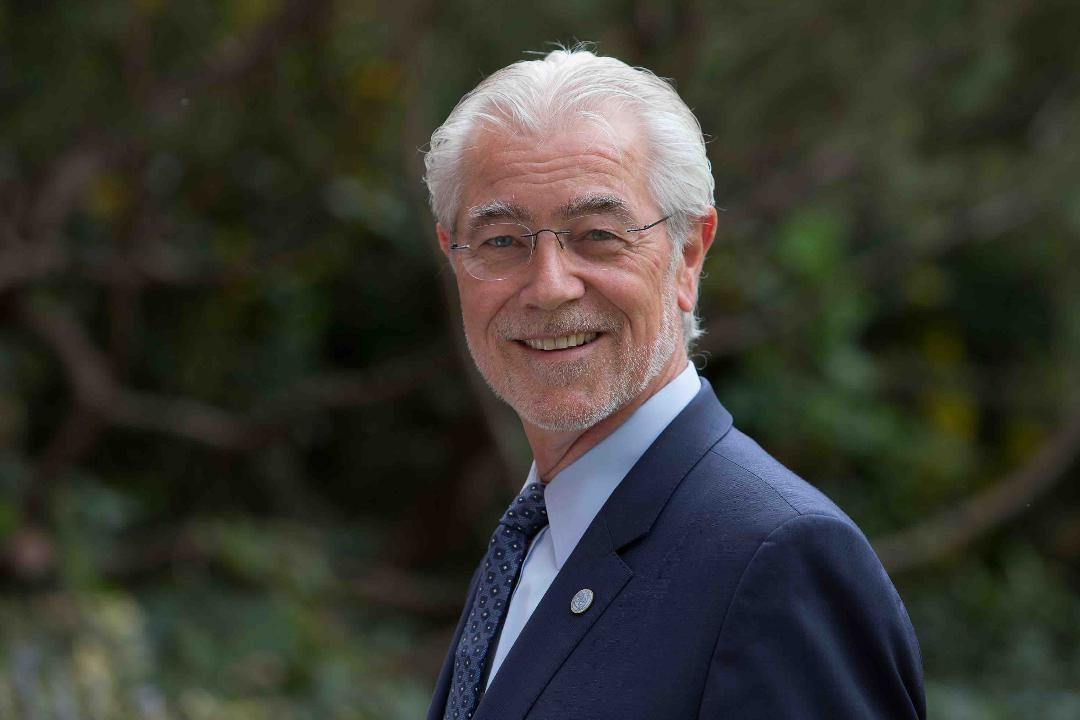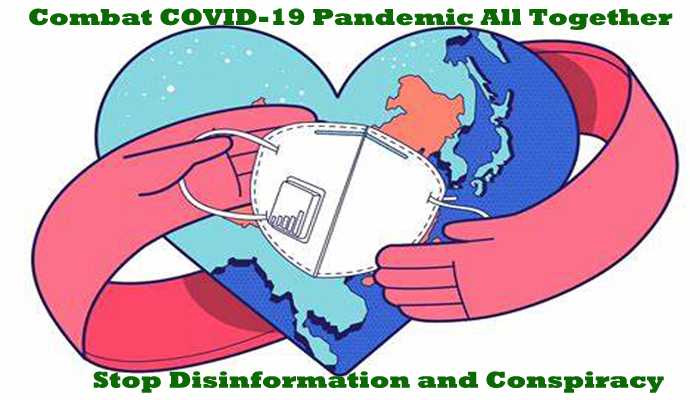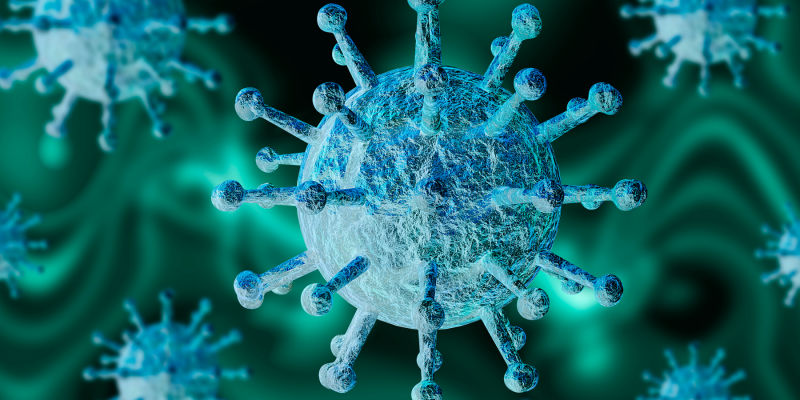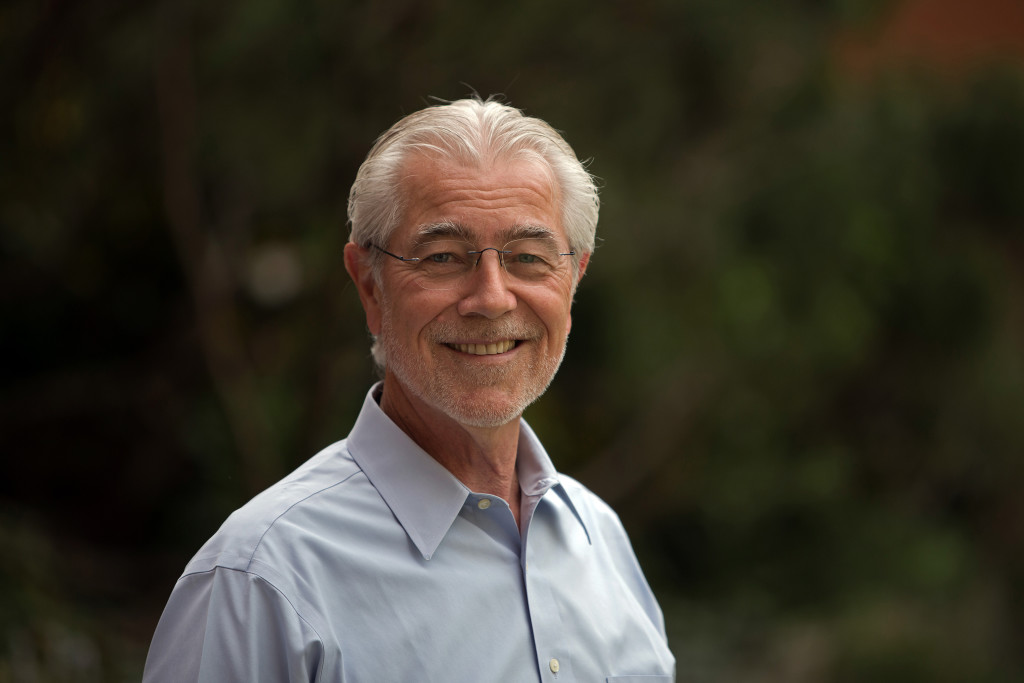As the President of the Washington-based Millennium Institute, Co-Founder and President of the Swiss foundation Biovision, recipient of the World Food Prize, recipient of the Alternative Nobel Prize,Hans R. Herren is an internationally recognised scientist in agriculture, health, and environmental research and capacity development. Hans holds numerous awards that recognize his distinguished achievements in research and advocacy. These include the Right Livelihood Award, Tyler Prize for Environmental Achievement, Brandenberger Preis, and the Kilby Award.

Recently, the Toronto-based Chinese Media Association of North America (CMAONA) conducted a text interview with Hans through email regarding COVID-19:
Q:
According to WHO reports and suggestions, there is an urgent need for all countries to work closely to prevent the COVID-19 outbreak from a global pandemic. Chinese government has implemented a wide range of tight travel restrictions to control the spread of COVID-19. What do you think of the Chinese government's anti-epidemic measures? How can the global community, in particular Europe, USA and Canada, work together with Chinese government to address COVID-19 challenges?
A:
The Chinese government did take immediate action once it was confirmed that the flu outbreak in Wuhan was due to a novel virus. They recognized that major measure needed to be taken to try to confine the sick cases, establish quarantine and restrict people’s movement quickly. This has certainly prevented a much faster and wider spread of the COVID-19 virus than was eventually experienced.
The research into the identity of the virus as well was well coordinated and helped in designing further measure to contain its spread. The speed with which the Chinese government build new hospitals was extraordinary, and again helped with managing the new cases in a safe and quarantine type environment.
The global Health community need to close ranks and work together, under the leadership of WHO, whose responsibility it is to work with governments and actors involved in the management of the COVID-19 virus. The Chinese government needs to be commended in taking action and working closely with WHO and governments from countries where COVID-19 cases have been registered. Even-though the many measure taken in China will affect the economy, the Government has rightly put the management and control of the epidemic ahead of economic concerns. The collaboration with other health institutions working on virus research and vaccine development is also commendable.
Q:
There are fears and discriminations against Chinese people, services provided by Chinese in their local communities worldwide, and fear and resistance against goods imported from China. What are your comments on these matters?
A:
It is unfortunate that the first reaction to the disease was that all Chinese are suspect of carrying the COVID-19 virus, and react in a way that is damaging not only to human relations, but also affect the economy unduly. There is little chance that goods imported from China would be carrying the COVID-19 virus, which can’t survive outside a body for very long.
Q:
To help China combating COVID-19 outbreak, many foreign countries offered consolidated assistances or moral support to China in line with the internationalism spirit, which are highly appreciated by Chinese government and people. Now the epidemic of COVID-19 has been successfully contained in China. Giving the vast difference of the political systems, as a global village, how Chinese experience of combating COVID-19 can be shared with other affected countries? What UN can do to facilitate a China-assisted global collaboration on COVID-19 management?
A:
There is much to learn from this pandemic, as WHO has officially named the COVID-19 outbreak. In particular it will be important for the Chinese government to share all the information it has collected during the crisis with interested Governments and in particular WHO, so that in future outbreaks, and there will be more, the experience gained can be used to deal with such outbreaks swiftly and effectively. WHO has a central role to play, to bring the affected governments together and, once the pandemic is over, discuss the lessons learned and set in place a rapid response protocol as well as communication system that will allow for quick implementation of quarantine, treatment and containment actions. Preparedness will be the key element in the control of any new outbreak that can happen anywhere in the world.




 加载中,请稍侯......
加载中,请稍侯......
精彩评论